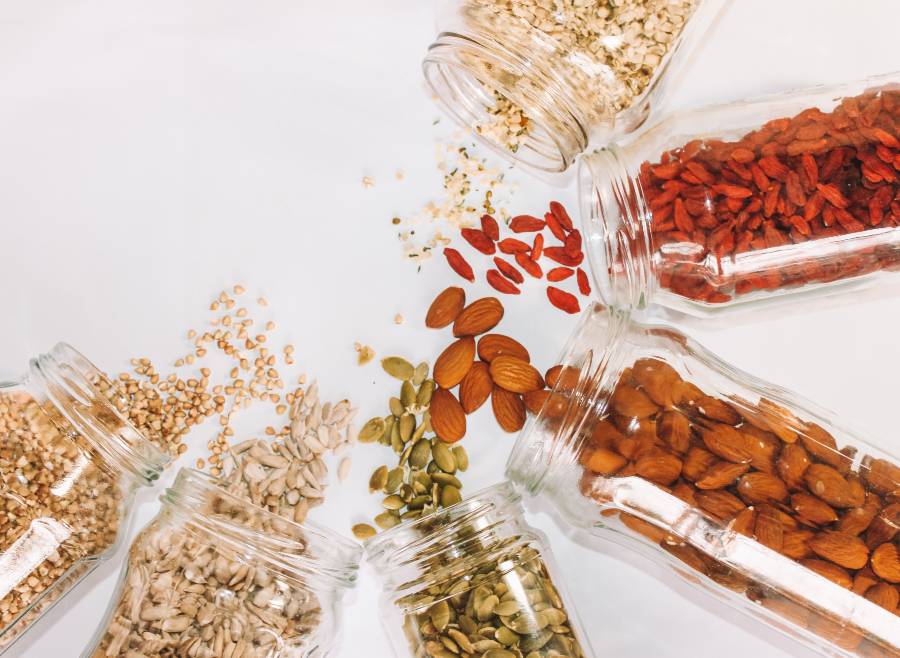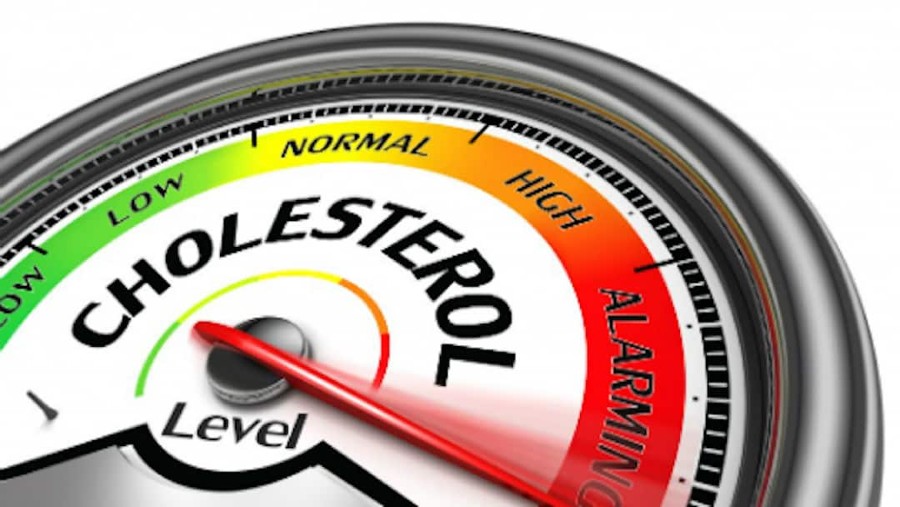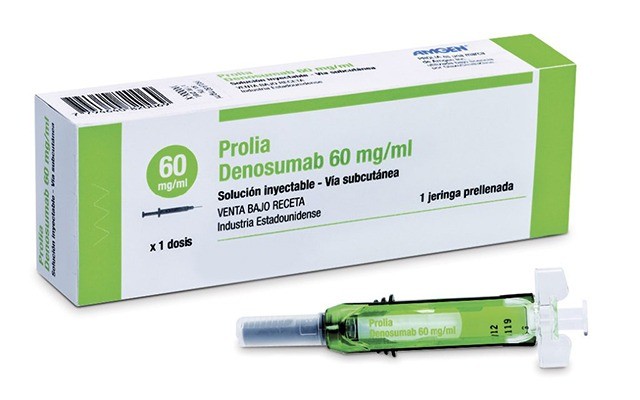Health
Diet Plans For Controlling The Symptoms Of Eczema
Although eating a diet rich in antioxidants can help reduce symptoms, there is no universal diet for eczema. Although it is not necessary to choose the same food for all patients with eczema, research shows that specific meal plans can help control symptoms and enable patients with eczema to better cope with inflammatory skin diseases.
Mediterranean Diet
A study found that people who eat food items considered part of the Mediterranean diet (fruits, vegetables, olive oil, fish oil, and fish..etc.) have a lower risk of eczema, while those who eat fast food are generally at higher risk of eczema.
Avoid Pro-Inflammatory food
Since eczema is an inflammatory skin disease, it is important to eliminate or reduce pro-inflammatory foods when formulating a diet to prevent eczema. Eating pro-inflammatory foods such as gluten, nuts, and dairy products can aggravate skin prone to eczema. Processed foods like sugary breakfast cereals have been linked to inflammation, which can lead to flare-ups of eczema.
Drink Water
Drinking plenty of water (eight 8-ounce glasses a day) is key to preventing eczema flare-ups and helps moisturize the skin for treatment
When planning your eczema diet, try to eliminate any personal food allergens you have and reduce or avoid foods that are known to cause inflammation. Although eczema can persist, symptoms can be improved, and dietary changes can make a big difference. In addition to the treatment plan prescribed by the dermatologist, you can also reduce the frequency and intensity of sudden attacks by adding an eczema-friendly diet, thereby adding another valuable ingredient to your treatment plan.










